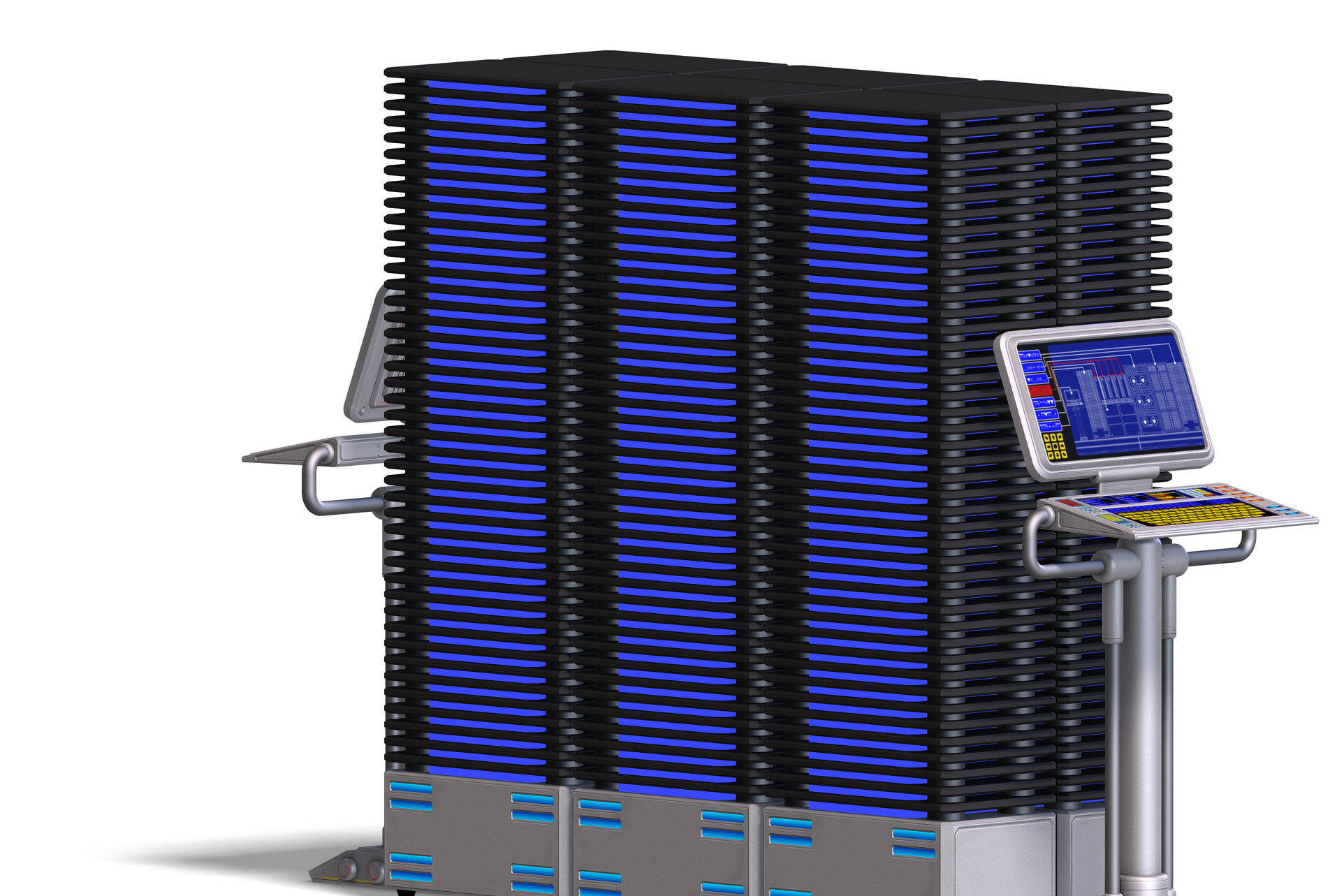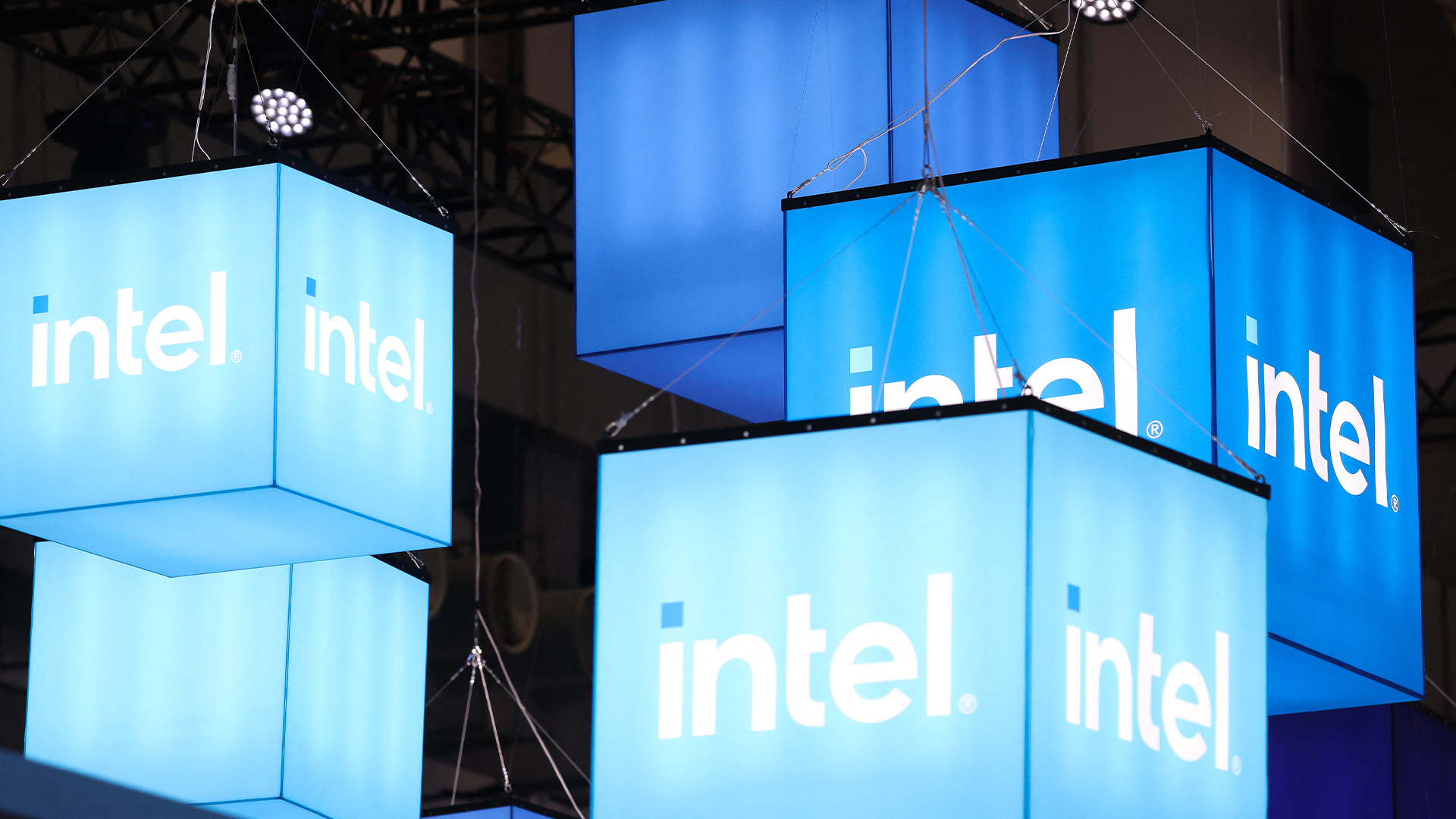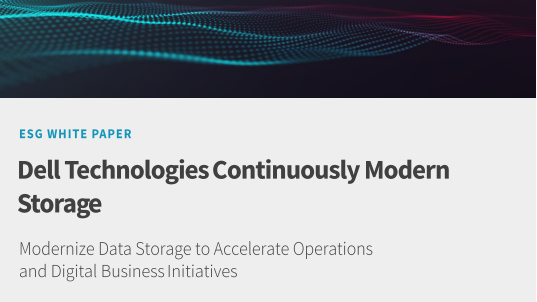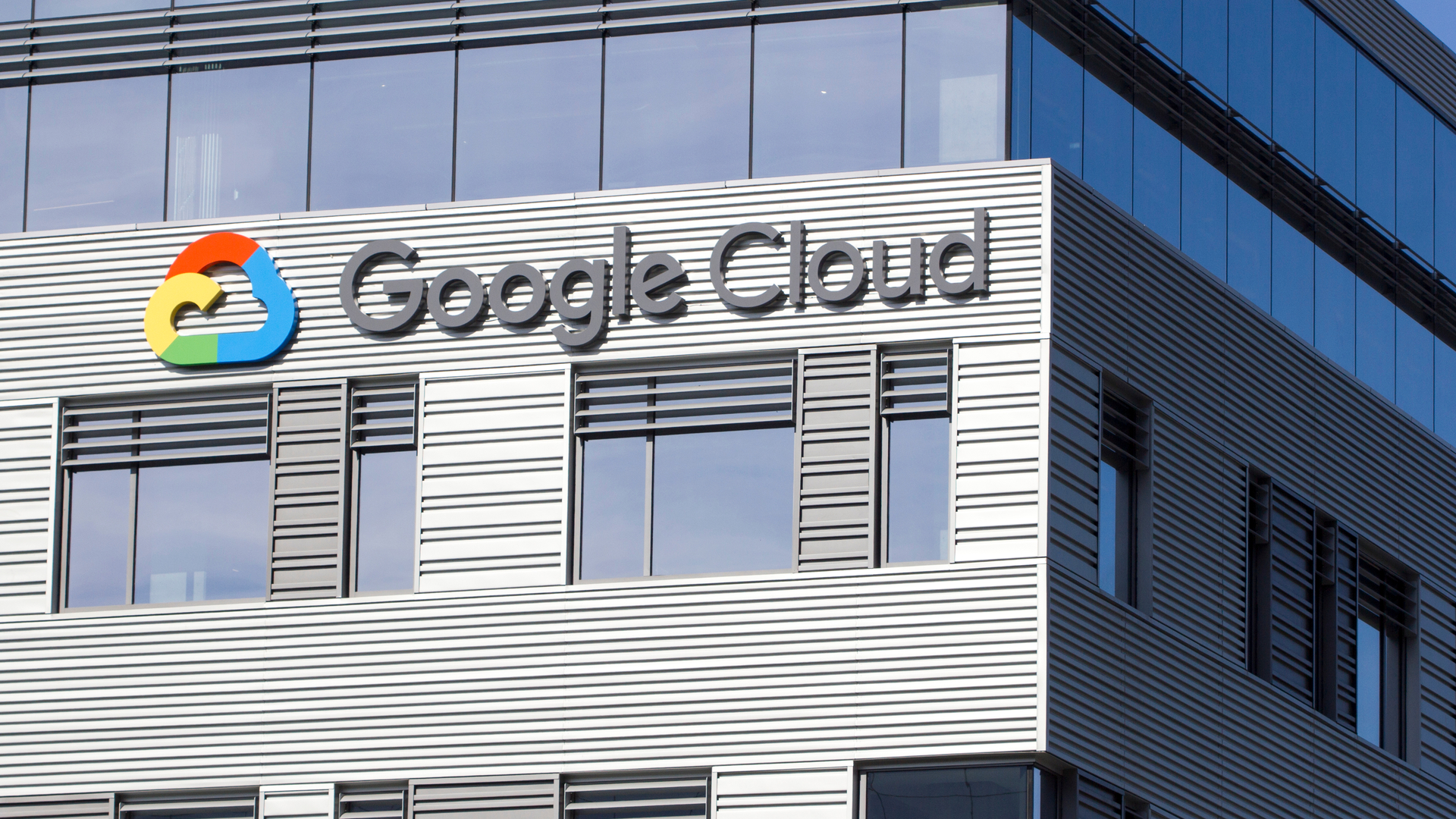Q&A: Getting excited about supercomputing
We speak with an Intel supercomputing specialist about how HPC can help businesses and where the market is going.


Supercomputing has always been an exciting area of the tech industry.
Insane amounts of processing power and storage capacities have been known to send tingles down the spine of many an IT geek.
Around 10 years ago it was considered a niche area, but the high performance computing (HPC) market is now something which businesses of all kinds can start getting excited about.
We quizzed Stephan Gillich, Intel director for HPC in EMEA, about how companies can use some of the most high-tech equipment around and what we can expect to see from the HPC industry in the coming years.
Is now the time businesses of various sizes should be getting excited about HPC?
There are still a lot of people who think HPC is niche, but it's actually not. If you look around all the big companies, in one way or another, directly or indirectly, they use HPC applications. It is fairly wide reaching.
We see that development ongoing because of two reasons. One is the technology development allows more users to really use HPC for the purpose they want.
Get the ITPro daily newsletter
Sign up today and you will receive a free copy of our Future Focus 2025 report - the leading guidance on AI, cybersecurity and other IT challenges as per 700+ senior executives
Certain simulations, which are obviously the key application of HPC, have a certain need of performance to be useful. You could have had this performance already 10 years ago, but it was much more costly... and it was complicated to put it together in a working way.
A development we made in the performance on the microprocessor side and on other key system components, we've brought this to the masses. I usually talk about the democratisation of HPC because we actually bring the capabilities to many more companies and researchers to do those simulations which are interesting for them.
We really need to make sure those people can use HPC in an easy way and that is key because otherwise they won't use it.
Tom Brewster is currently an associate editor at Forbes and an award-winning journalist who covers cyber security, surveillance, and privacy. Starting his career at ITPro as a staff writer and working up to a senior staff writer role, Tom has been covering the tech industry for more than ten years and is considered one of the leading journalists in his specialism.
He is a proud alum of the University of Sheffield where he secured an undergraduate degree in English Literature before undertaking a certification from General Assembly in web development.
-
 Accelerating business modernization
Accelerating business modernizationModernizing your infrastructure with the right servers can accelerate business transformation, enhance security, and future-proof your organization for tomorrow’s challenges
By Rene Millman
-
 Intel layoffs to hit 15,000 roles as falling revenue and poor returns on AI bite
Intel layoffs to hit 15,000 roles as falling revenue and poor returns on AI biteNews CEO Pat Gelsinger announced news of the Intel layoffs following a recent earnings call
By George Fitzmaurice
-
 Sustainable business starts with sustainable IT infrastructure
Sustainable business starts with sustainable IT infrastructureWhitepaper Reduce energy consumption without sacrificing performance with Intel and CDW
By ITPro
-
 Winning the data-centric digital business in this decade
Winning the data-centric digital business in this decadeWhitepaper Discover more about Dell’s adaptive, secure, and resilient portfolio for the digital business and win in this data-centric era
By ITPro
-
 Intel and Dell secure deal to build a digital twin of a UK fusion power plant
Intel and Dell secure deal to build a digital twin of a UK fusion power plantNews The simulation will be critical for meeting the ambitious goal of delivering fusion energy to the UK’s energy network in the 2040s
By Richard Speed
-
 Continuously modernize storage
Continuously modernize storageWhitepaper Modernize data storage to accelerate operations and digital business initiatives
By ITPro
-
 Google claims its AI chips are ‘faster, greener’ than Nvidia’s
Google claims its AI chips are ‘faster, greener’ than Nvidia’sNews Google's TPU has already been used to train AI and run data centres, but hasn't lined up against Nvidia's H100
By Rory Bathgate
-
 £30 million IBM-linked supercomputer centre coming to North West England
£30 million IBM-linked supercomputer centre coming to North West EnglandNews Once operational, the Hartree supercomputer will be available to businesses “of all sizes”
By Ross Kelly

